Hyundai has revealed pricing and specification details for its facelifted Bayon compact SUV, with enhanced safety and connectivity features included in the upgrades.
The i20-based model launched in 2021 and competes alongside the Ford Puma and Skoda Kamiq, and the refreshed range starts from £22,480.
Across all three trim levels – Advance, Premium and Ultimate – the refreshed Bayon is powered by a 1.0-litre T-GDi engine, producing 100PS, with either a manual or automatic transmission.
CO2 emissions for the manual variants is 126g/km, with the automatic transmission producing 125g/km. WLTP combined fuel efficiency is 50.4mpg and 51.4mpg respectively.
Entry-level Advance equipment grade includes redesigned 16-inch alloy wheels, automatic headlights, electric heated and folding door mirrors, LED headlights, rear view camera and parking sensors.
Premium, priced from £23,880, adds automatic climate control, 17-inch alloy wheels, automatic windscreen wipers, front parking sensors, privacy glass and heated steering wheel and front seats.
Range-topping Ultimate trim, priced from £25,880, adds Bose premium sound system, wireless phone charging, blind spot collision warning, smart key with engine start button and a glass sunroof with electric tilt and slide.
The interior of all trim levels has been updated with the fitment of a 10.25-inch central touchscreen as standard, while a new digital instrument cluster is available. There's also new LED interior lighting.
Hyundai has equipped the new Bayon with a suite of driver assistance features. Among those available are Lane Following Assist (LFA), which works to keep the vehicle centred in its lane, blind spot monitoring and and Forward Collision-Avoidance Assist (FCA), which first sounds an alarm, then, if necessary, applies the brakes to prevent a collision from occurring. FCA includes car, pedestrian, and cyclist detection, as well as Junction Turning, which can apply the brakes to prevent a collision with an oncoming car when turning at an intersection.
Another advanced feature, Navigation-based Smart Cruise Control (NSCC), uses data from the vehicle’s navigation system to adjust speed autonomously when driving on a highway or expressway.
Exterior changes see a new front end that aligns the Bayon more closely with the Hyundai Kona. A new central LED daytime running light spans the width of the car's front bumper, which has also been reprofiled for a more distintive look. Similiar tweaks are found at the rear of the new Bayon, with the new look complemented by fresh alloy wheel designs.
Ashley Andrew, president of Hyundai and Genesis UK, said: “Since its release in 2021, Bayon has proved popular with those looking for SUV style in a conveniently sized package.
“The latest specification enhancements will ensure Bayon remains competitive in the B segment, with its increased range of comfort and convenience features and technologies.”



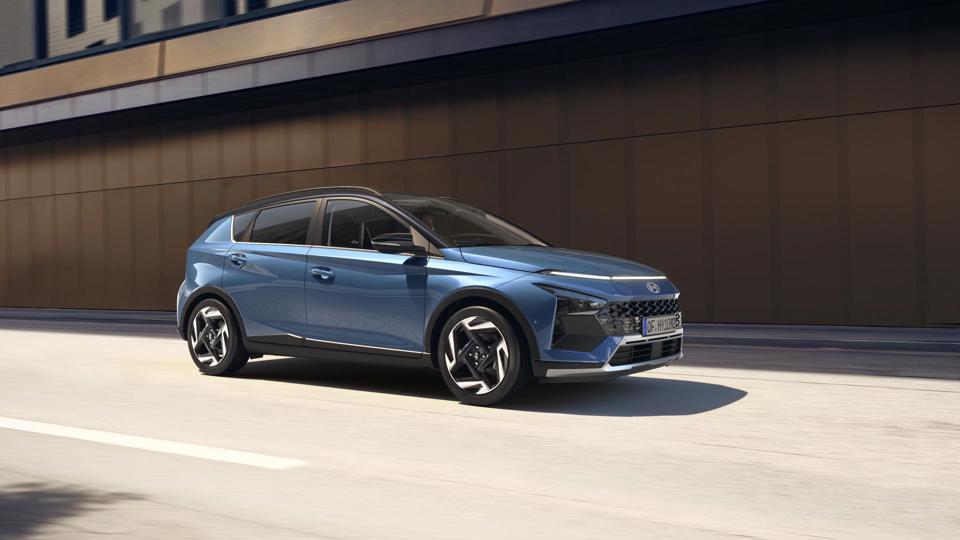
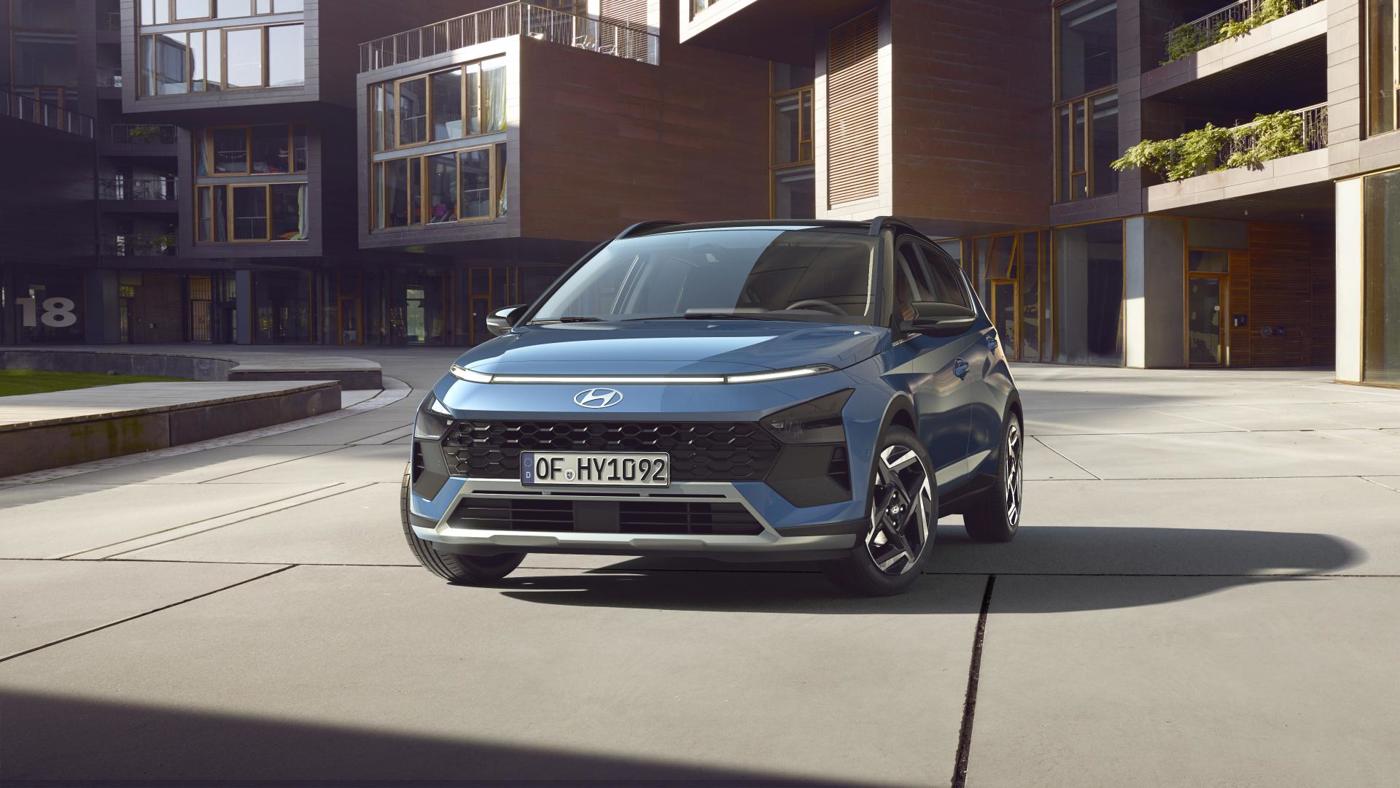
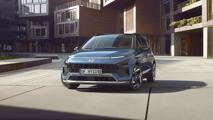
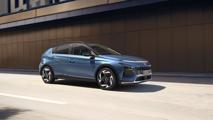
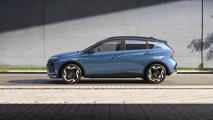
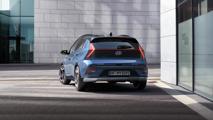
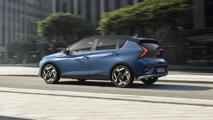
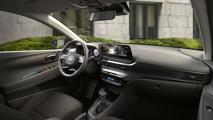
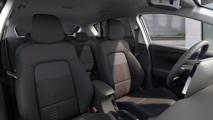
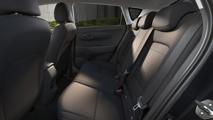








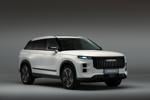






Login to comment
Comments
No comments have been made yet.